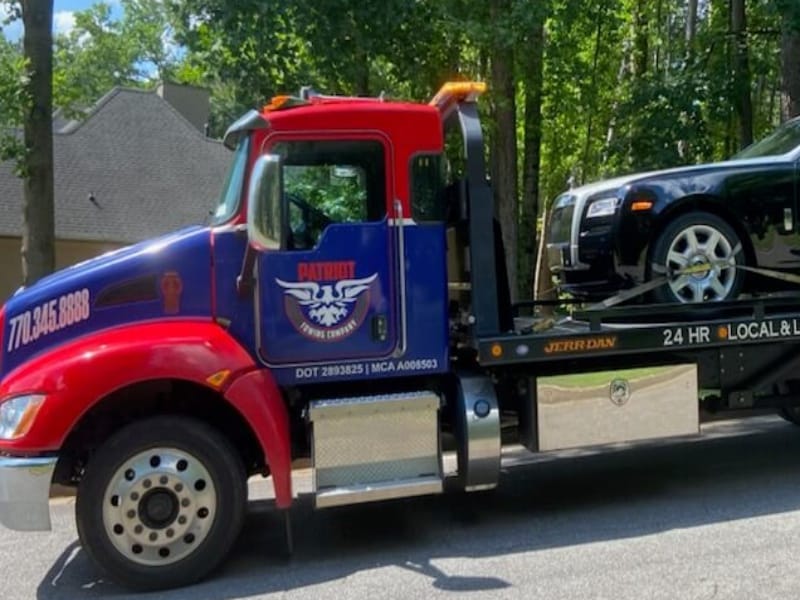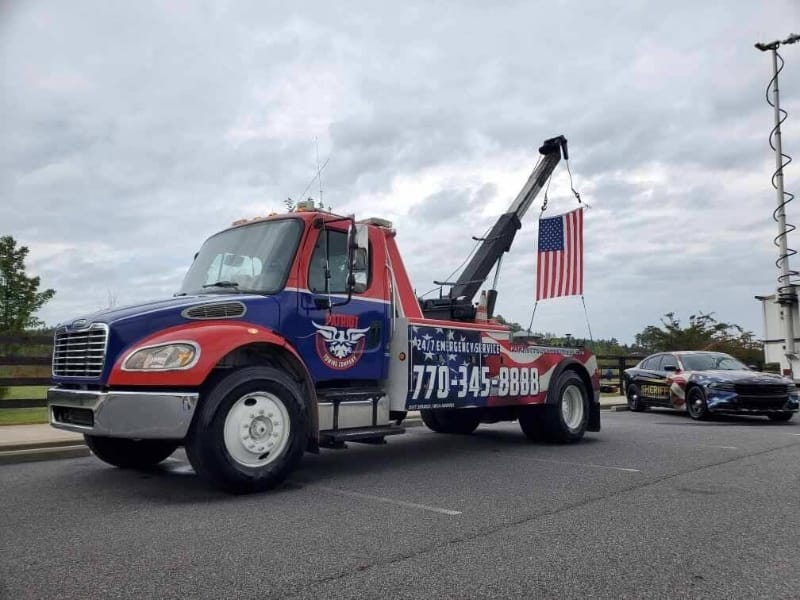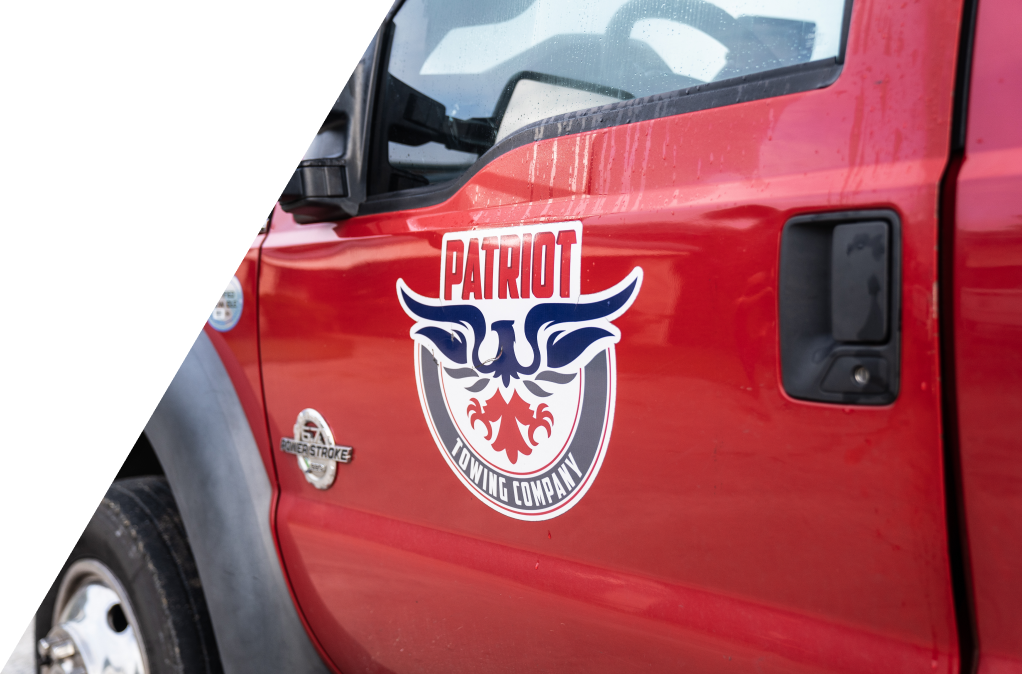
Tire Pressure Isn’t Just a Minor Detail
Our towing team has seen it time and time again—drivers running into trouble because of tires that just weren’t ready for the road. We talk a lot about vehicle maintenance, but today we’re diving into something specific: why keeping your tires at optimal pressure is so important. In our line of work providing Canton tire exchange service, we witness firsthand how something as simple as checking tire pressure can prevent bigger headaches down the road.

The Big Problems Low or High Tire Pressure Can Cause
Tire pressure might seem like a small thing, but ignoring it can cause serious problems. We’ve learned that keeping tires at the right pressure helps with much more than just getting from Point A to Point B. Here’s what happens when tire pressure isn’t right:
Increased Risk of Blowouts
When tires are underinflated or overinflated, the chances of a blowout jump significantly. An underinflated tire flexes more, generating heat that weakens the structure. Overinflated tires, on the other hand, lose their ability to absorb road bumps, making them more likely to burst when hitting potholes or debris.
Worn-Out Tires Way Too Soon
Nobody wants to replace their tires more often than necessary. But uneven pressure wears tires out faster and more unevenly. Overinflated tires wear down the center tread, while underinflated tires damage the outer edges. We always stress during a Canton tire exchange service how much longer tires can last with proper care.
Poor Gas Mileage
It’s not just your tires that suffer. Underinflated tires increase rolling resistance, which means your engine has to work harder. This translates to higher fuel consumption. A quick tire pressure check can actually save you quite a bit at the pump.
What Happens During a Proper Tire Check
Whenever we check tire pressure, we follow a simple but important routine:
- Use a quality gauge to measure exact pressure.
- Compare it against the manufacturer’s recommended PSI, not the number printed on the tire itself.
- Adjust by adding or releasing air as needed.
- Inspect the tire for any visible damage like cuts, bulges, or embedded objects.
- Check the spare tire too because it often gets forgotten.
We make sure to include these steps during every Canton tire exchange service we perform.
Overinflation is Risky
Everyone talks about low tire pressure, but overinflation is just as risky. It reduces your car’s contact patch—the area where your tire meets the road. Less contact means less traction, especially on wet or slippery surfaces. As we often see while providing Canton tire exchange service, drivers who overinflate thinking they’ll get better mileage may actually put themselves at risk for accidents.
The Weather’s Role in Tire Pressure
Weather changes aren’t just uncomfortable for us—they affect tires too. Cold weather causes the air inside tires to contract, lowering pressure. Hot weather can make tires overinflate. If you’re unsure, it’s better to check regularly, especially when the seasons change. It’s a small action that can make a big difference, as we always stress during every Canton tire exchange service we provide.

Patriot Towing: Your Reliable Canton Tire Exchange Service
Keeping tires properly inflated doesn’t take much effort, but the benefits are huge: safer driving, better fuel economy, longer tire life, and fewer emergency calls. We’ve seen too many preventable problems caused by something as simple as neglected tire pressure.
If you’re ever unsure, don’t hesitate to have a professional take a look. As part of every Canton tire exchange service, we double-check tire pressures and look for hidden issues you might not notice at a glance. In the long run, it’s one of the smartest things we can do to keep our vehicles—and ourselves—safe on the road.







